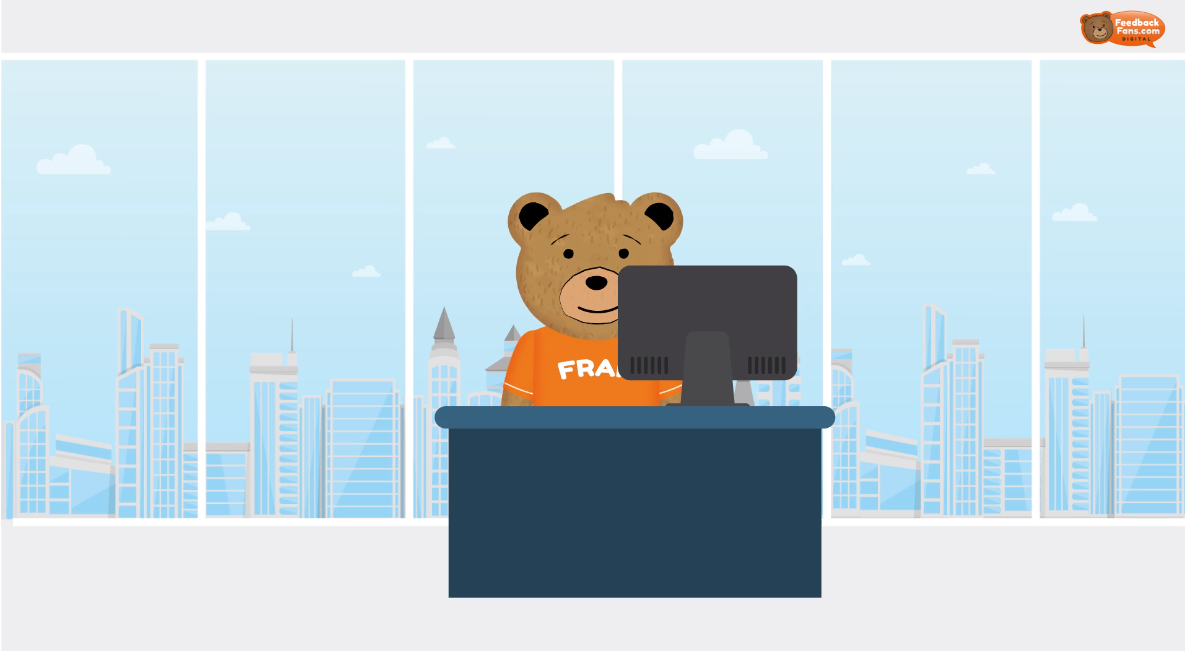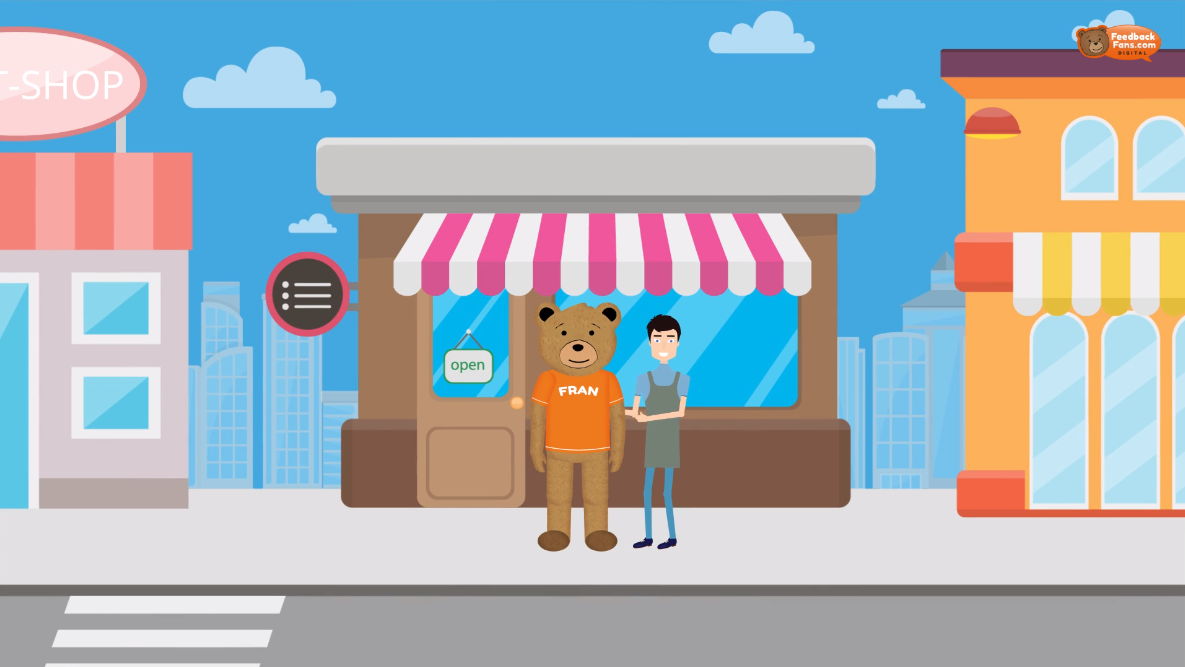Sponsorships aren’t just about slapping your logo on something—they’re about aligning your brand with opportunities that elevate your visibility and reputation. From local events to influencer collaborations, the right sponsorship can connect you with new audiences and amplify your message. Ready to leverage partnerships that grow your reach and boost your brand? Let’s find the perfect sponsorship opportunities for your business.
Boost Brand Awareness and Expand Reach

Marketing sponsorships are a powerful tool for increasing brand awareness and extending your reach. By aligning with events, activities, or causes that resonate with your target audience, sponsorships allow your brand to gain visibility in a relevant, impactful way. Sponsoring well-publicized or high-attendance events exposes your brand to a larger audience, creating positive associations and helping you stand out in a crowded market.
Build Authentic Relationships with Customers and Stakeholders

Sponsorships offer a unique opportunity to build personal and authentic connections with your audience. By engaging with your target market in a more interactive setting, sponsorships help foster relationships and create a sense of community around your brand. Sponsoring events or initiatives that reflect the interests and values of your audience establishes a meaningful bond, building customer loyalty and deepening brand connections.
Align with Positive Values and Causes

Sponsorships allow businesses to demonstrate their commitment to social and environmental causes, aligning their brand with positive values that matter to their audience. By supporting events or initiatives that reflect your company’s values, you communicate your dedication to making a positive impact. This not only enhances brand reputation but also differentiates your business from competitors by showcasing your unique commitment to important causes.
Customise Sponsorships to Meet Your Marketing Goals

Sponsorships provide flexibility, allowing you to tailor campaigns to meet specific marketing objectives. Whether you aim to increase brand recognition, boost engagement, or showcase new products, sponsorships offer an adaptable platform that can be aligned with your business goals. By carefully selecting sponsorship opportunities, you ensure that your marketing investments generate measurable returns, making sponsorships a high-impact strategy for achieving your business objectives.

Frequently Asked Questions about Sponsorships
In this episode of the Bear Business vodcast, Chris Barnard of FeedbackFans.com is joined by Michael Jackson, founder of Elite Sports Marketing, to discuss the intersection of sports and marketing, focusing on the benefits and opportunities sports sponsorship offers to businesses. Michael shares his journey of entering the sports marketing industry without prior experience, breaking down how brands can leverage partnerships with sports teams to enhance their visibility and build trust with large audiences. They also explore the evolution of sports sponsorship, moving beyond traditional methods to more creative, community-driven, and data-backed approaches. The episode highlights valuable insights on building successful partnerships, the importance of aligning business objectives with the right teams, and the growing role of storytelling in modern sports sponsorship.
In this episode of the Bear Business Podcast, host Chris Barnard welcomes email marketing consultant Maria Malaniia. They explore the critical role of email marketing in achieving business success, discussing Maria’s journey from working in hospitality to becoming an email marketing consultant, the importance of understanding cultural differences, and the value of email segmentation and automation.
Maria shares insights on how businesses can effectively leverage email marketing by focusing on personalisation, segmenting their audiences, and avoiding common pitfalls. They also touch on the impact of GDPR and the evolving approach to consent in marketing. The episode wraps up with a discussion about email automation and a fun dive into Maria’s current favorite game, Sudoku, which she uses as a mental exercise before bed. Bear Business is a content series aimed at business owners, leaders and entrepreneurs where we talk to a variety of subject matter experts about their products and services, the state of marketing and look at marketing technology solutions that are available to solve your everyday marketing problems.
Articles
Social Media Marketing (SMM)
Find out about our Social Media Marketing (SMM) services
Partnership Marketing
Find out about our Partnership Marketing services



